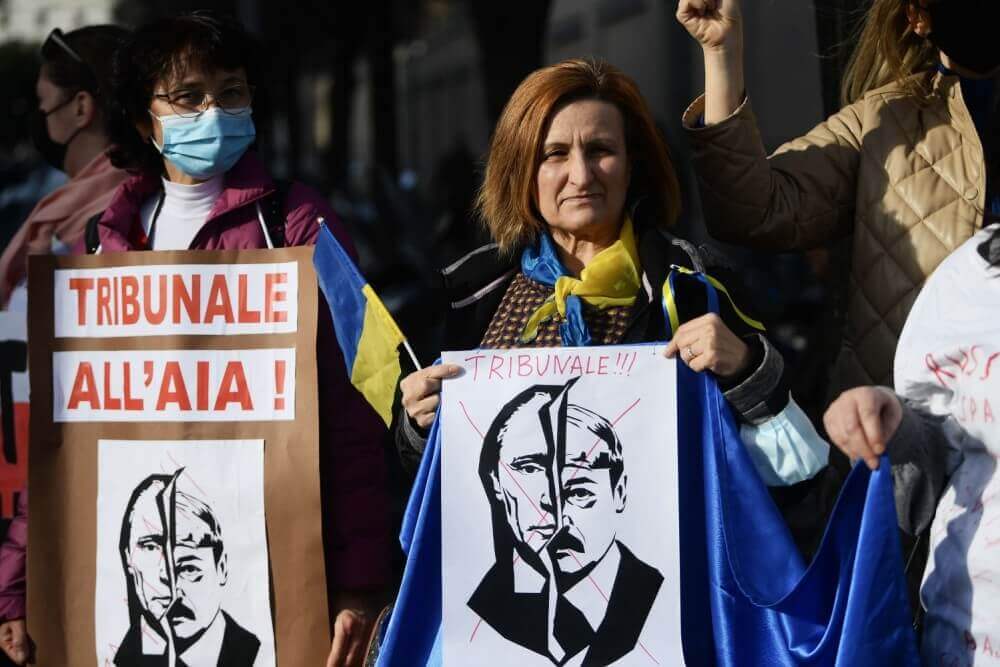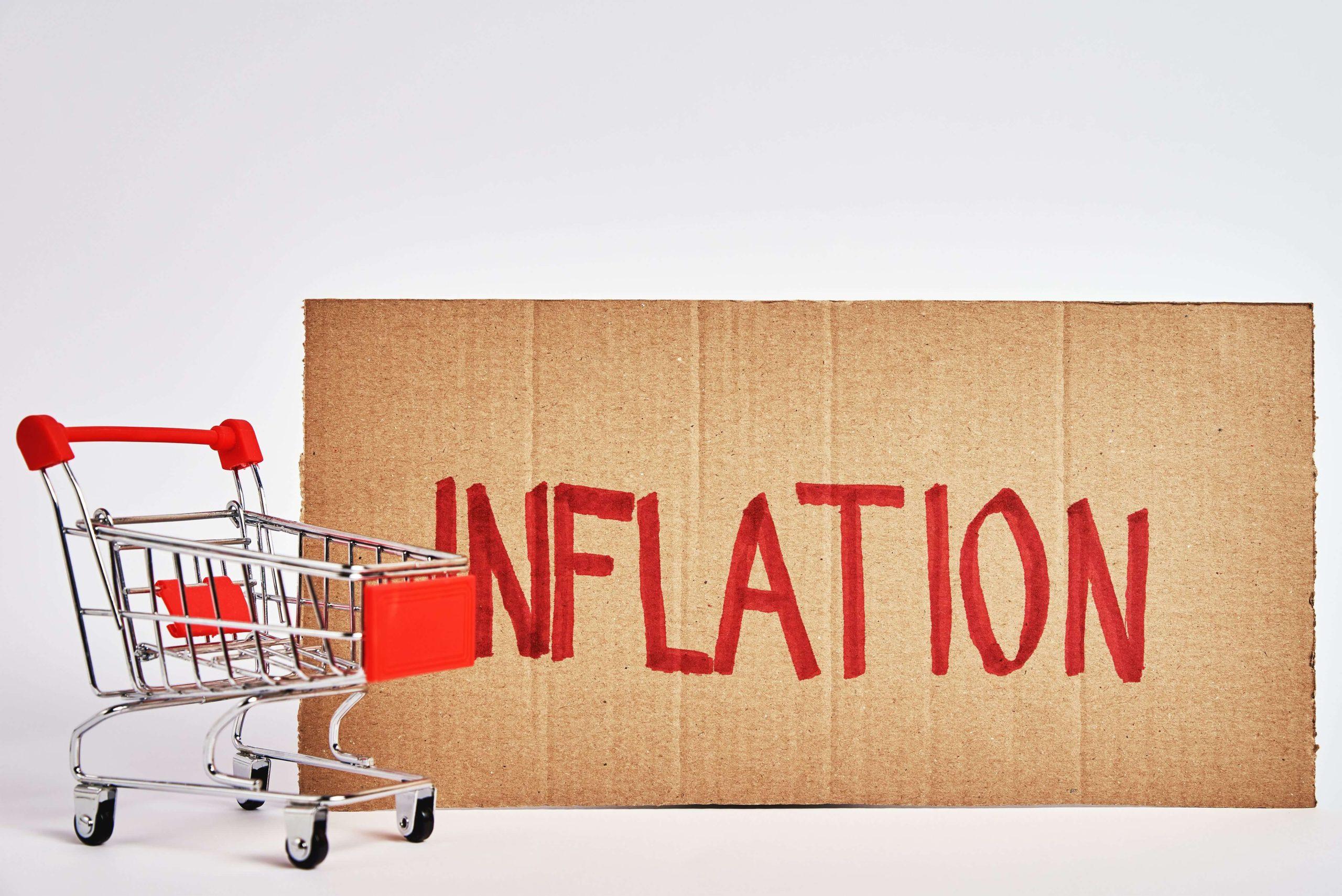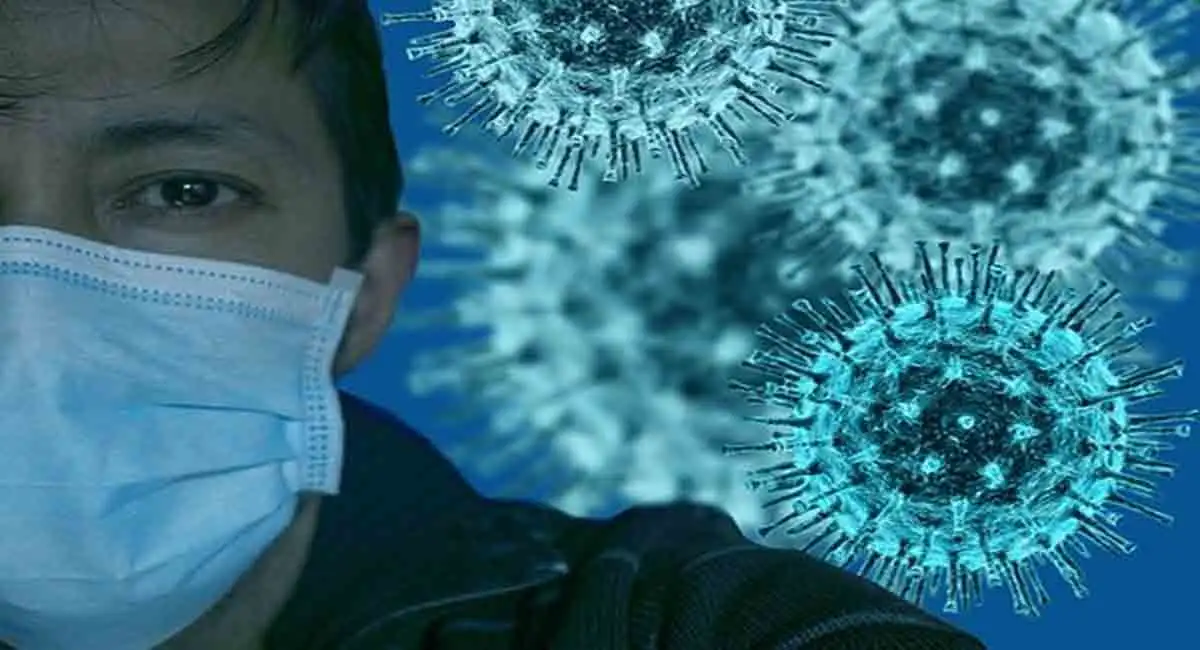The Hague-based International Criminal Court, or ICC, is the world’s first permanent court for war crimes and crimes against humanity. The Russian invasion of Ukraine has resulted in a lot of calls to have Russian president Vladimir Putin put on trial there.
So how does it work?
The court was established in 2002 by the Rome Statute and has jurisdiction over four core crimes: genocide, crimes against humanity, war crimes, and the crime of aggression. Initially housed in the former KPN building in The Hague, it moved into its permanent location in 2015.
‘The Netherlands lobbied for the court to be located in The Hague,’ says Stephanie van den Berg, who covers the court for the international news agency Reuters and hosts a podcast called Asymmetrical Haircuts about international justice.

The Hague, which likes to call itself the city of peace and justice, has been home to the high court of the United Nations since 1945, as well as its predecessor court, the Permanent Court of International Justice, since 1922. It is also home to the International Criminal Tribunal for the Former Yugoslavia, another UN body that prosecuted war crimes committed during the Yugoslav wars.
The situation in Ukraine On Tuesday, the ICC’s chief prosecutor Karim Khan announced a record 39 countries had referred, to use court parlance, the situation in Ukraine to the court. Normally international justice moves very slowly, says van den Berg. ‘This is warp speed.’
The state referral is important because it allows Khan to bypass asking a panel of judges for permission to move forward. Normally the court only has jurisdiction over crimes committed by the nationals of or on the territory of the countries that have signed the Rome Statute and neither the Russian Federation nor Ukraine are members.
However, in 2014, Ukraine signed a declaration allowing the court to investigate crimes on its territory, in response to the Russian incursion into eastern Ukraine that year. In 2020 the court’s previous prosecutor concluded her preliminary investigation into the situation in Ukraine.
‘My office has concluded that there is a reasonable basis at this time to believe that a broad range of conduct constituting war crimes and crimes against humanity within the jurisdiction of the Court have been committed in the context of the situation in Ukraine,’ outgoing prosecutor Fatou Bensouda said at the time.
However, she also noted her office did not have the funds to continue to move forward. Russia’s large-scale invasion has moved the Ukraine conflict to the top of the priority list.
The current prosecutor, however, did remind countries that the investigation needs to be funded and NGOs are now calling for national governments to pay up.
Will Putin end up in the dock?
Almost certainly not, says Van den Berg. It is notoriously difficult to prosecute political leaders for war crimes. You have to demonstrate a link, Van den Berg says, between the crime on the ground and the politician.
‘Leaders don’t say anymore ‘Go kill everyone in this city’ because they know that leaves them open to prosecution.’ What is more likely is that if an investigation leads to the conclusion that war crimes are being committed, top and mid-level military leaders will be brought before the court. That doesn’t, however, mean prosecuting Putin isn’t possible. ‘I never thought I would see Milošević in court’ Van den Berg says, referring to the former president of Serbia who died in a prison cell before his trial could be completed.
Top political leaders tend to end up at the ICC after regime change makes it attractive to get former bosses out of the country, she points out.
Reported by – http://dutchnews.nl/














